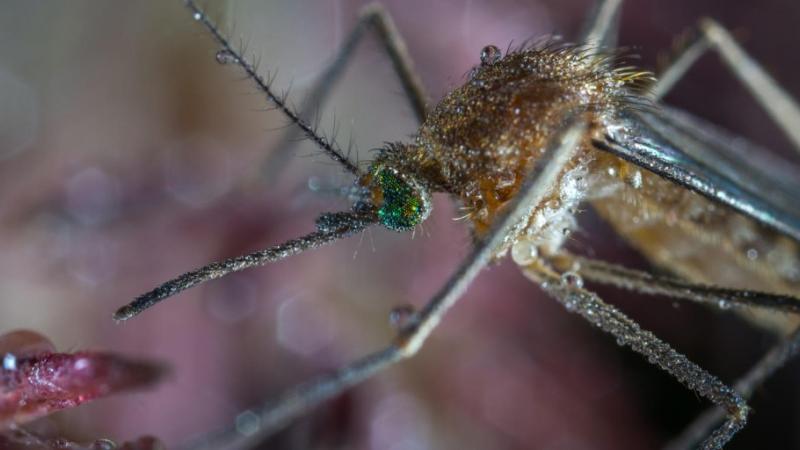March 30, 2018

[The Jefferson Project at Lake George is conducting ongoing research into how human activities may be affecting the lake. This guest blog by Matt Schuler, a postdoctoral research associate in the lab of Jefferson Project Director Rick Relyea, summarizes recent research published in the journal Oikos. The Jefferson Project is a collaboration between Rensselaer, IBM Research, and The FUND for Lake George, founded to develop a new model for technologically enabled environmental monitoring and prediction to understand and protect the Lake George ecosystem and freshwater ecosystems around the world.]
What did you want to know?
Increased application of deicing salts such as sodium chloride (NaCl) has led to higher concentrations of salts in freshwater ecosystems. With the potential for freshwater contamination, and the rising costs of NaCl, agencies are seeking more effective road salts and road salt additives. Magnesium chloride (MgCl2), for example, is more effective than NaCl at colder temperatures and additives such as beet juice make salts stick to roads better. By using these products, agencies need to apply less road salt. However, there is remarkably little information about how these alternative salts and additives might affect freshwater communities. We set out to test how road salt alternatives and additives might affect a common urban mosquito, Culex restuans. Mosquitoes typically have high tolerances to salt, and additives might act as fertilizers that promote more algae, which is consumed by mosquito larvae. Understanding how road salts and salt additives affect mosquito populations could help minimize potential threats to human health.
How did you go about it?
We used outdoor, freshwater mesocosms to experimentally manipulate the concentration of magnesium chloride and two organic additives (beet juice and distillation byproduct). We experimentally tested how three concentrations (low, medium, and high) of magnesium chloride affected mosquito survival, with and without organic additives. We placed 50 freshly hatched mosquito larvae in each mesocosm, and measured daily survival and the time to emergence in each treatment. We also measured important abiotic aspects of the freshwater ecosystem that might affect competitors or predators of mosquitoes, such as the amount of oxygen in the water.
What did you learn?
We found that magnesium chloride reduced mosquito survival at medium and high concentrations, indicating that while mosquitoes are tolerant to sodium chloride, they are not tolerant to all salts. The additives act as fertilizers for the algae, providing more food for the mosquito larvae and thereby reducing the time that it took for mosquito larvae to emerge. Faster emergence of mosquitoes could significantly increase the abundance of mosquitoes, particularly if large quantities of additives are used to make salts stick to roads, but less salt is applied to the roads. Such a regimen would increase the concentration of additives in freshwater systems, but the salt concentration would not increase at the same rate. This would benefit mosquitoes, but might negatively affect their predators and competitors.
Early in the experiment, microbial breakdown of carbohydrates in the additives reduced the oxygen concentration in the water to extremely low levels. Aquatic predators that eat mosquitoes need oxygen in the water to survive. The oxygen concentrations would have been deadly to most fish and insect species that feed on mosquitoes, but would not harm the mosquito species used in this experiment, since they use a syphon tube to breath air. Using additives near freshwater ecosystems might reduce predators, and further increase the abundance of mosquitoes. More comprehensive studies testing the effects of multiple road salts and additives on numerous species of mosquito should be conducted before agencies promote the increased application of alternative road salts and road salt additives.
The research, titled “Road salt and organic additives affect mosquito growth and survival: an emerging problem in wetlands,” can be found at doi:10.1111/oik.04837
